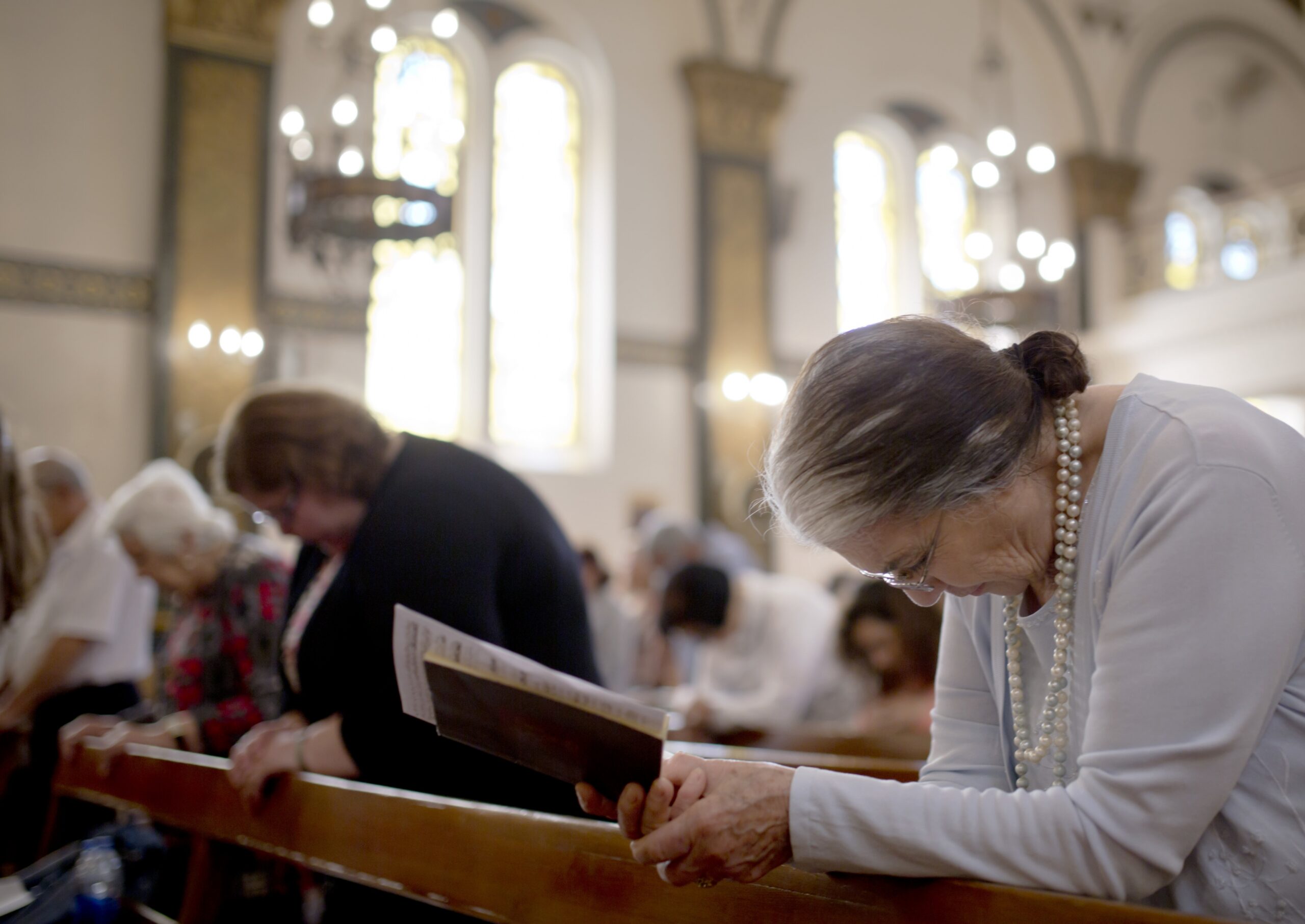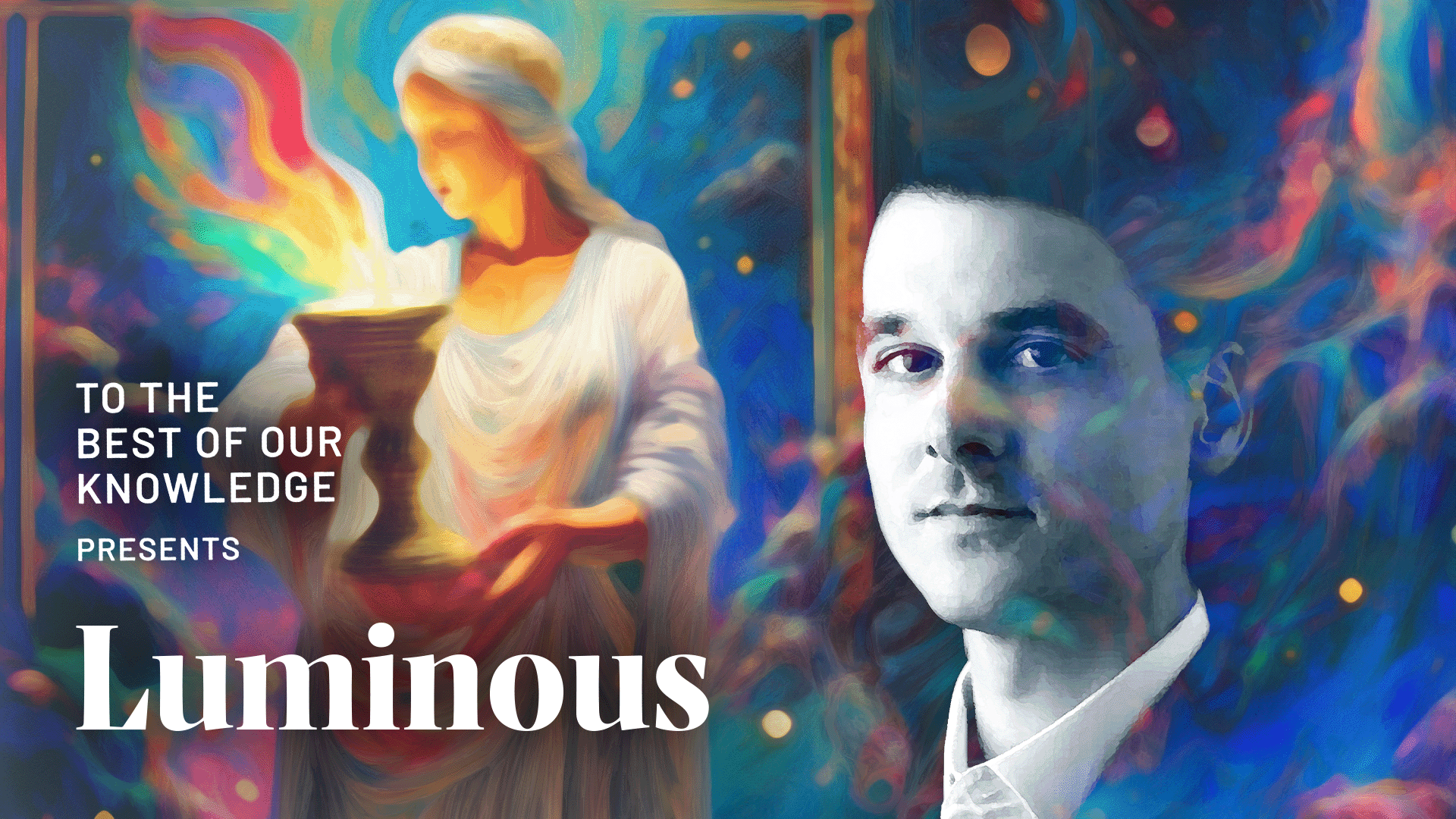For tens of thousands of years, humans lived in small bands of hunter-gatherers, sharing certain animistic beliefs. Then everything changed. In just a few thousand years, large groups of people started living together, and that’s when the “Big Gods” arrived. These were all-knowing, all-powerful gods who saw everything you did.
The mystery is — why? Where did those “Big Gods” come from and why do they still dominate today’s major religions? University of British Columbia psychologist Ara Norenzayan, author of “Big Gods: How Religion Transformed Cooperation and Conflict” has a theory that he shared with Steve Paulson on a recent episode of “To the Best of Our Knowledge.”
Norenzayan said he thinks omniscient gods created a system of shared beliefs so strangers could trust each other and form large, pro-social communities. In this view, it was religion that revolutionized human culture and ultimately led to cities and nations.
Stay informed on the latest news
Sign up for WPR’s email newsletter.
Steve Paulson: What are “Big Gods?”
Ara Norenzayan: These are the gods in the world’s major religions. If we combine Christianity, Islam, Hinduism, Buddhism — that’s the overwhelming majority of believers in the world. These gods are powerful. They’re omniscient. They can know your mind. They are intervening. They’re moralizing. And they punish and reward human behavior. What’s really interesting is that these types of gods are actually quite rare in the ethnographic record. Among foragers, for example, where most of humanity evolved, these types of spirits and gods are extremely rare. So the question is, how did these gods become increasingly common?
Paulson: How did Big Gods allow us to trust strangers?
Norenzayan: Why would you cooperate with a complete stranger, and how would you trust them? The default strategy in human psychology is not to trust or interact with strangers. Yet we do this all the time. So to the extent that people believe in these moralizing gods, that could give us some explanation for why these groups expanded.
Paulson: How do you prevent fake believers?
Norenzayan: Religious hypocrisy is a big problem for these communities of cooperators. These societies have developed various strategies for requiring the faithful to walk the walk and not just talk the talk. A good example is self-sacrifice and requiring people to do costly things — like accepting limitations on property and who you can marry, restrictions on food, and even sacrificing your life and limb for the community. These are the kinds of signals that will convince others that they’re interacting with a true believer. As a result, cooperation can flourish among these people.
Paulson: Why are modern secular societies similar to traditional religious cultures?
Norenzayan: Secular societies are surprisingly similar, more similar than you’d think, to the religious societies that they succeeded. Instead of watchful deities, you have watchful institutions — like courts, police, credit, trade, markets. I’m more likely to trust my neighbor if I know that I could call the police if I have a problem with my neighbor and the police can intervene. Norms encourage cooperation as long as you’re part of the in-group. So secular societies and religious societies are not that different, even though people often think of them as opposites, or clashing. But they largely serve the same functions.



